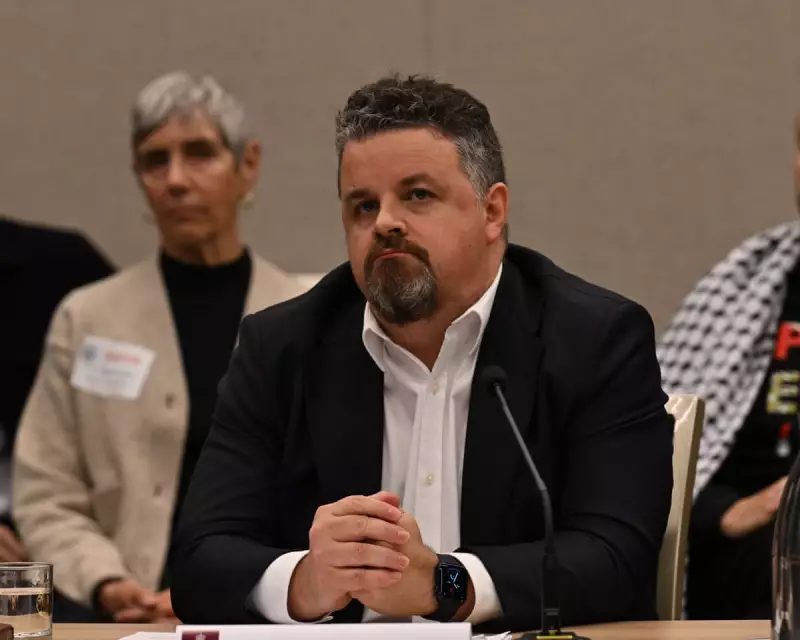
A major constitutional confrontation has erupted in New South Wales politics, pitting the government against parliament in a dramatic standoff over a 120-year-old law.
Defiance Sparks Constitutional Firestorm
Michael Miller, chief of staff to Premier Chris Minns, has refused to comply with a parliamentary order to produce documents related to the controversial appointment of former deputy premier John Barilaro to a US trade role. In an unprecedented move, Miller invoked legal professional privilege, setting the stage for a historic constitutional clash.
Parliamentary Privilege Versus Legal Protection
The heart of this confrontation lies in the tension between parliamentary privilege – which theoretically allows parliament to compel the production of any document – and the government's claim of legal professional privilege. Miller's legal representatives argued that the documents contain "confidential communications between a lawyer and their client" and are therefore protected.
This marks the first known instance in NSW history where a government official has openly defied a parliamentary order on such grounds, creating a constitutional test case with far-reaching implications.
Historical Law Takes Centre Stage
At the centre of the storm is the 1902 Parliamentary Evidence Act, a piece of legislation that predates the current parliamentary system. The Act grants parliament the power to summon witnesses and documents, but its limitations are now being tested in ways its drafters could never have imagined.
Political Fallout Intensifies
The opposition has seized on the defiance, with Nationals MP Wes Fang declaring: "The government is in contempt of parliament." The upper house has given the government until Thursday to comply, threatening potential sanctions that could include fines or even imprisonment – though such extreme measures remain unlikely.
Government frontbencisher John Graham defended the position, stating they were seeking a "middle path" that respects both parliamentary processes and legal protections. However, critics argue the government is simply trying to avoid political embarrassment over the Barilaro appointment saga.
Constitutional Experts Weigh In
Legal scholars are closely watching the unfolding drama, noting that the outcome could redefine the balance of power between the executive and legislative branches in NSW. The precedent set by this case may influence how future governments respond to parliamentary scrutiny.
As the Thursday deadline approaches, all eyes remain on whether the Minns government will back down or dig in, potentially triggering one of the most significant constitutional crises in recent NSW history.





